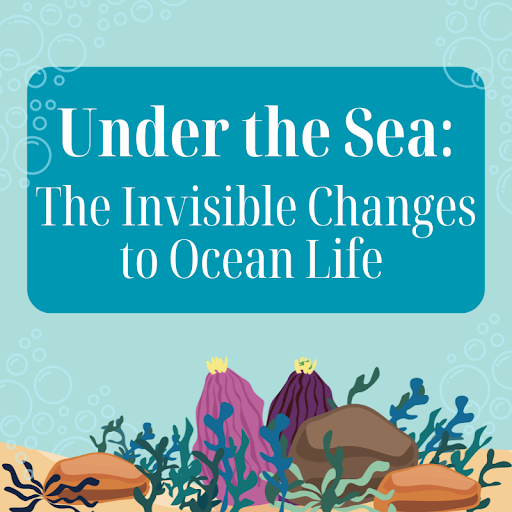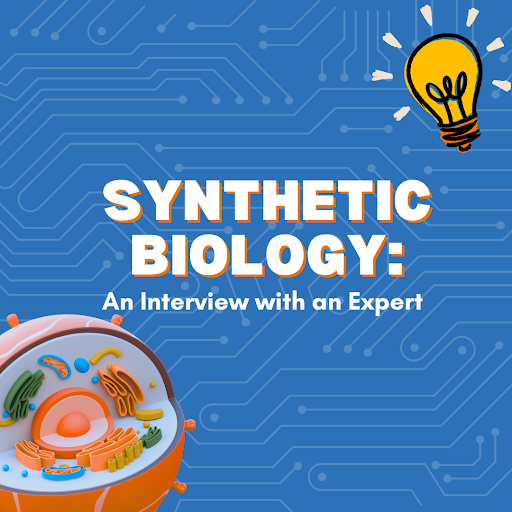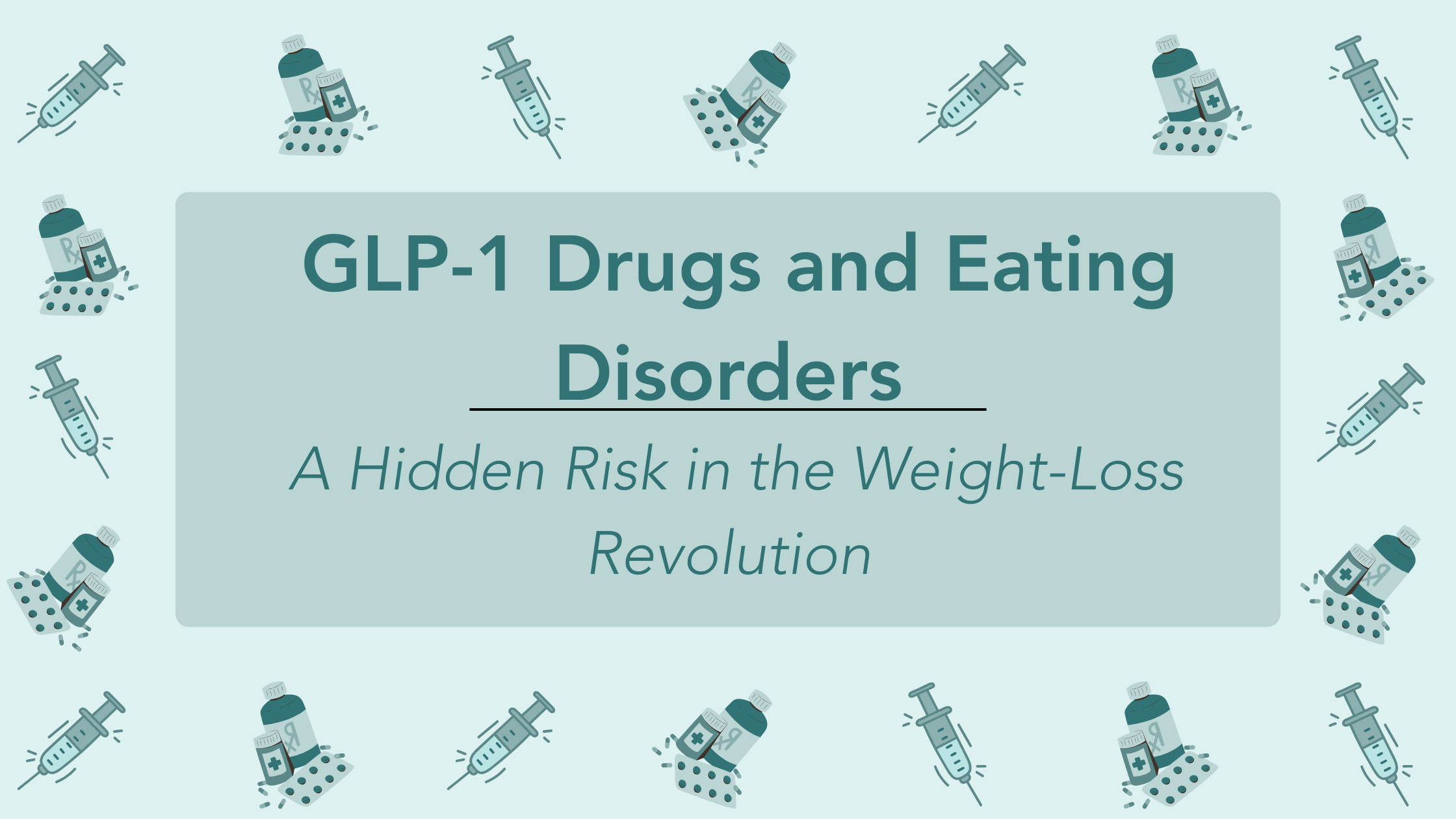Under the Sea: The Invisible Changes to Ocean Life

By Hayden Nelson, C2ST Intern, University of Chicago
At a long-term monitoring site at Tatoosh Island in northern Washington, researchers noticed an unexpected trend in their pH data. “We thought maybe it was a mistake,” recalls Dr. Cathy Pfister, an ecology and conservation scientist. “But after lots of checking and double-checking…it became really clear. Ocean pH was declining at our long-term study site.”
Continue reading “Under the Sea: The Invisible Changes to Ocean Life”




